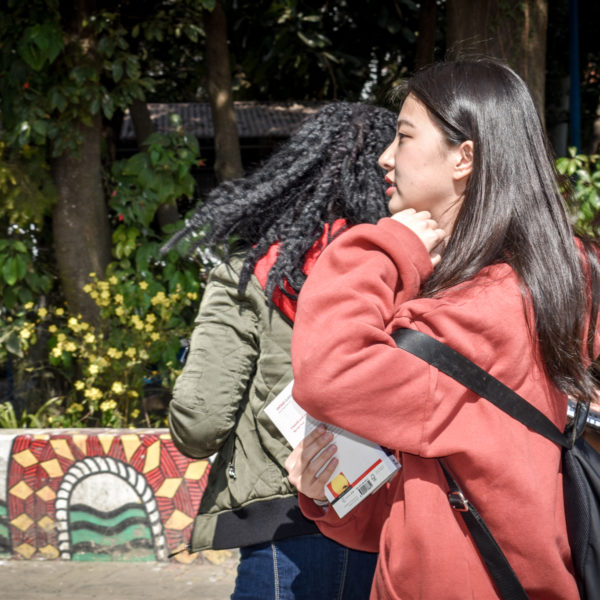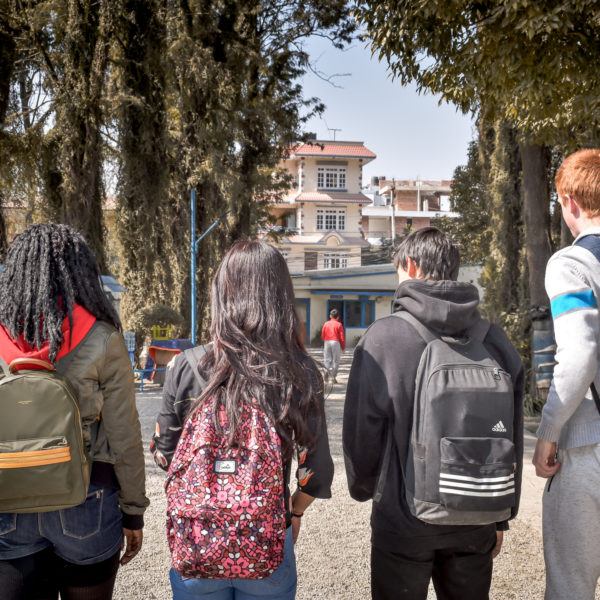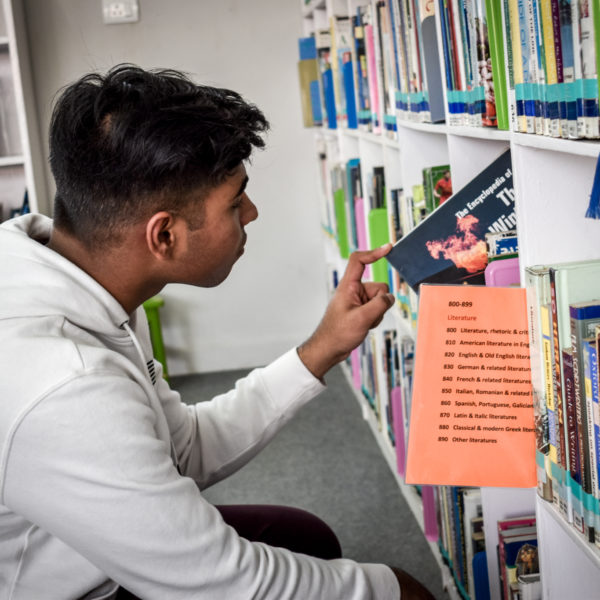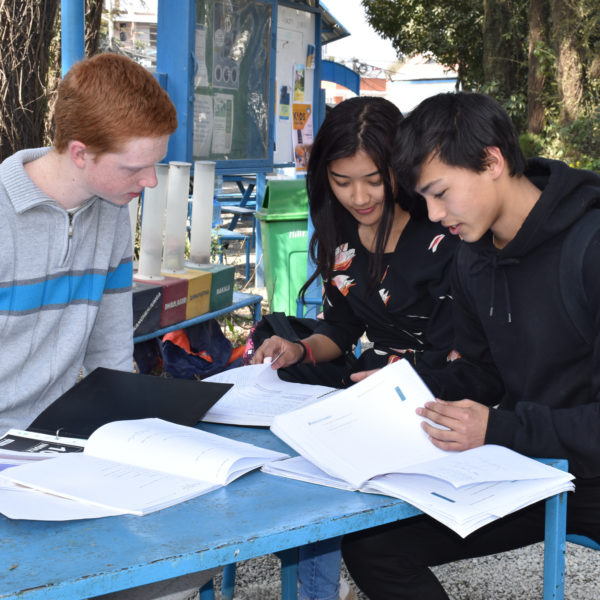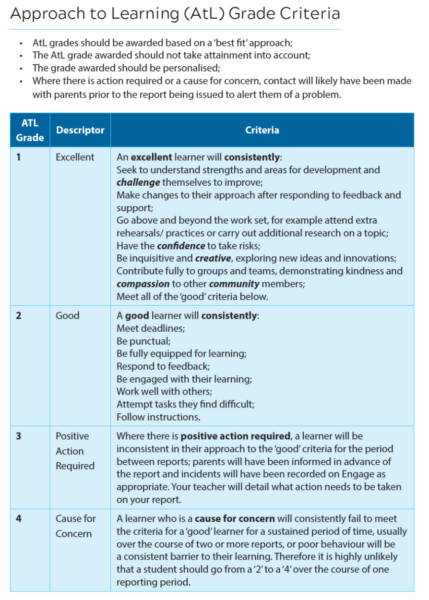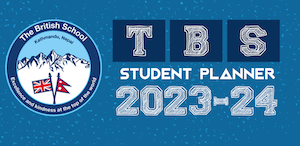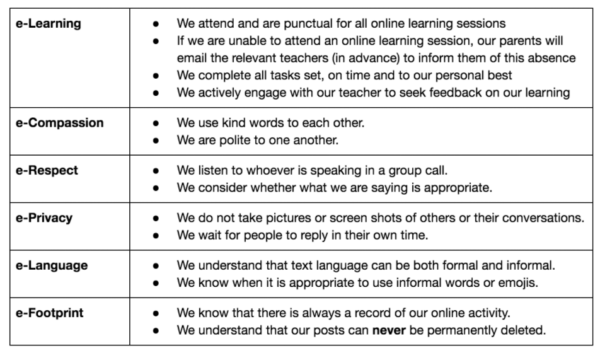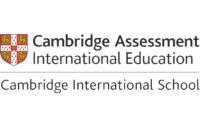I warmly welcome you to our secondary school.
Here at TBS, we are committed to leading an inclusive school that focuses on wellbeing, care and personalised learning. We embrace the unique strengths, passions and aspirations of each student to encourage personal excellence and achievement for all, in both academic and extracurricular pursuits. We have high expectations of our pupils with an emphasis on fostering a positive approach to learning which demands that students demonstrate a commitment to embrace all of the opportunities we have on offer. We provide a safe and supportive learning community for all students to become the best version of themselves.
Our secondary school nurtures integrity, respect, responsibility, reflectiveness and collaboration, all of which you will find examples of in other sections of our website. Above all, we are determined that our secondary students will move forward in their next steps in life as kind, resilient, confident individuals who are equipped to make a positive contribution to their vast and varied communities. We provide meaningful experiences for our students so that they develop social intelligence, emotional intelligence and empathy, empowering each learner with a genuine understanding of, and value for, respectful relationships.
We make it our priority to ensure a smooth transition from primary to secondary through excellent pastoral care and joint curriculum planning between Key Stage 2 and Key Stage 3 teachers to provide continuity of care and curriculum provision. We also ensure that all students joining our secondary school from other schools are supported as they settle into their new environment. Becoming a secondary student can be a huge challenge, but we are confident that our support systems allow our students to develop and thrive as they progress through the secondary school.
We aim to provide our students with an outstanding education that nurtures their talents, interests and aspirations and, in line with our school mission, create students who pursue excellence and are kind. In partnership with parents we aim to deliver a memorable experience for all of our students, the product of which will be happy, inspiring individuals who are equipped to face their future aspirations and challenges.




